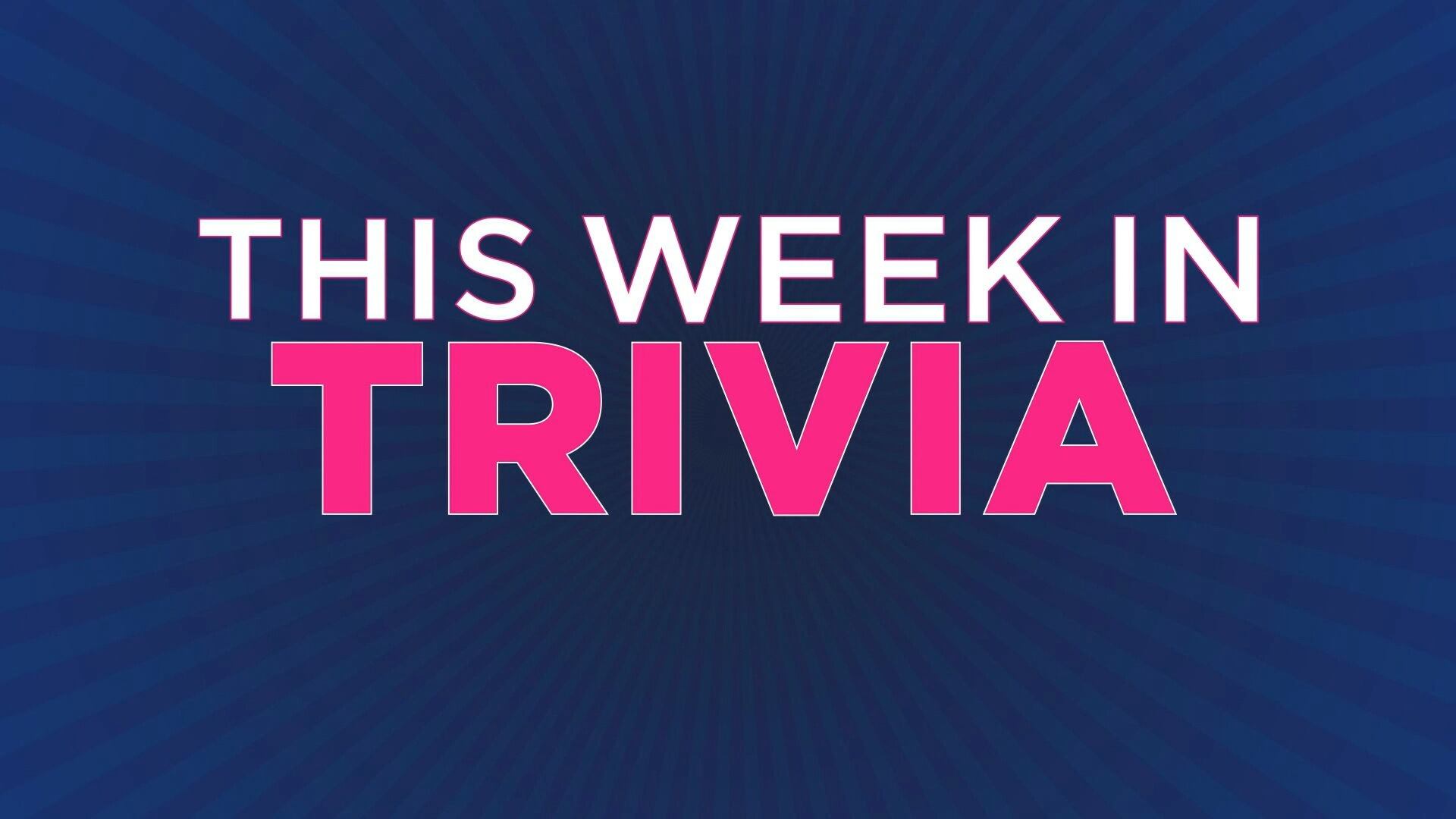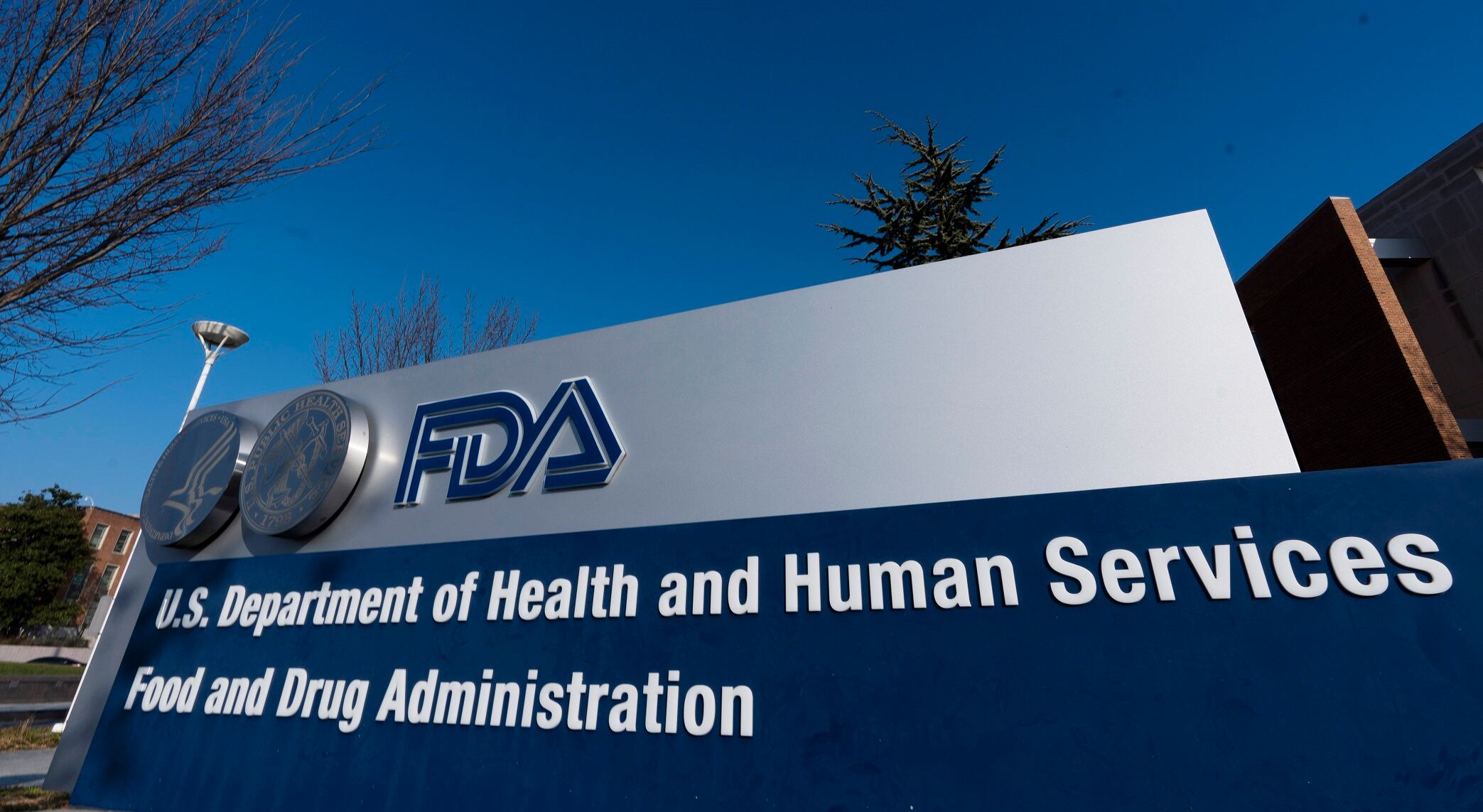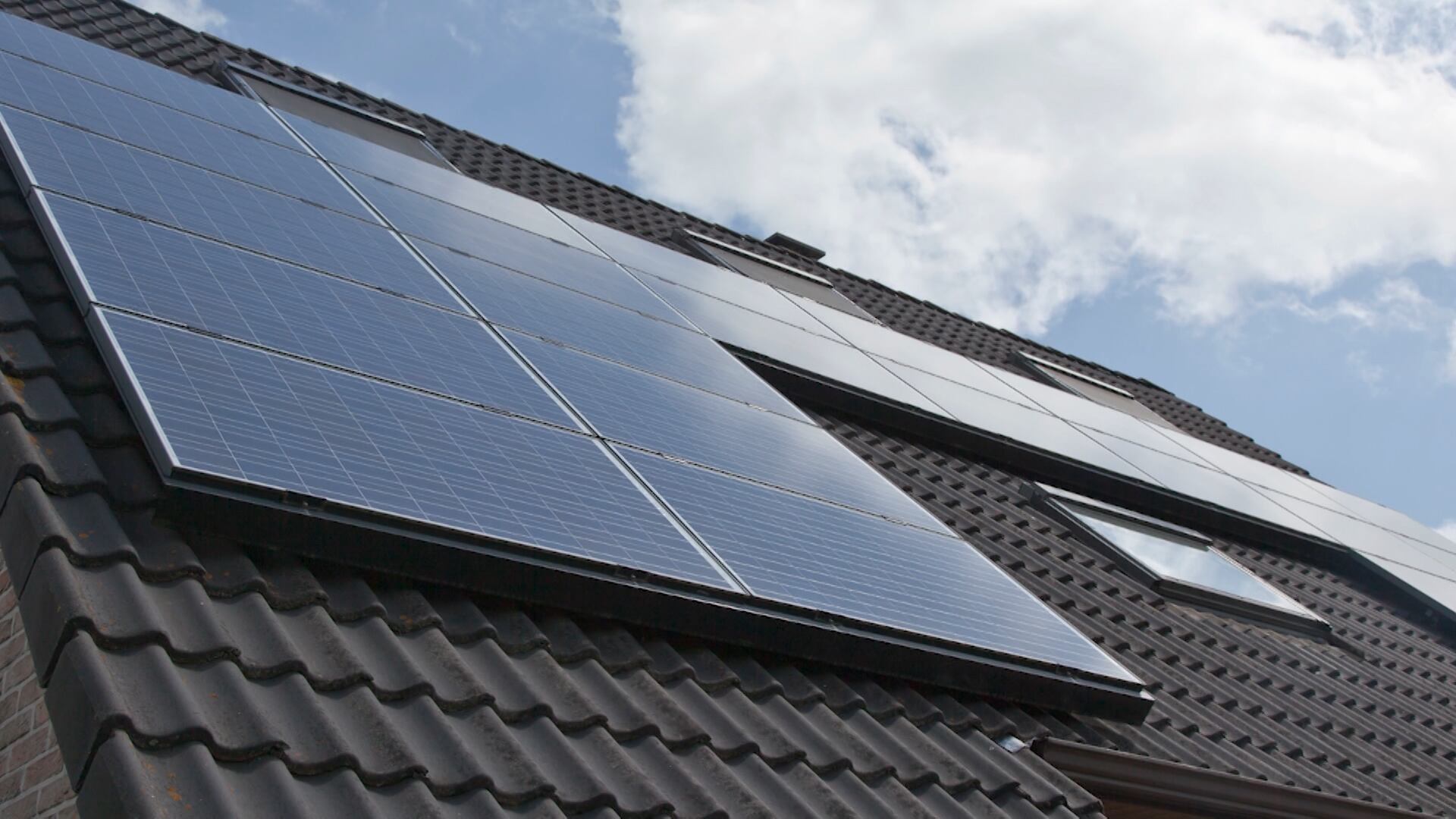Strokes are the fifth leading cause of death, according to the American Stroke Association and they're also a leading cause of disability across the U.S. Dr. Reade De Leacy, a neurosurgery specialist, joined Cheddar News to talk about the importance of response time when treating patients that have suffered strokes. "In stroke, especially in major stroke, two million brain cells are lost for every minute of delay in treatment so time really, really critical," he said.
Share:
More In Science

Cheers and Fears as U.S. Ends Mask Mandates for Travel
A federal judge’s decision to strike down a national mask mandate was met with cheers on some airplanes but also concern about whether it’s really time to end the order sparked by the COVID-19 pandemic.

New Report Shows Few Americans See Pandemic as a 'Serious Crisis'
A new Axios-Ipsos poll found that just one in ten people would currently characterize the coronavirus as a serious crisis. The vast majority do believe it's a problem, but a manageable one. It's clear that the public is itching to ditch their masks and various other restrictions. Chris Jackson, senior vice president of Ipsos public affairs, joins Cheddar News.

This Week In Trivia: Black Holes, WNBA History, and Britney Spears
Between Bells executive producer Conor White recaps some of the biggest stories of the week, and teaches Azia Celestino and Hena Doba a thing or two at the same time. It's This Week In Trivia!

FDA Authorizes 1st Breath Test for COVID-19 Infection
The Food and Drug Administration has issued an emergency use authorization for what it says is the first device that can detect COVID-19 in breath samples.

In Cuba, Crabs Embark on Perilous Migration to Bay of Pigs
Every year in Cuba, millions of crabs emerge from the forest at the beginning of the spring rains and head for the waters of the Bay of Pigs, crossing streets and highways on a perilous journey to mate and reproduce there.

A New-Age Twist on Millenia-Old Remedies
William Li and Danielle Chang, co-founders of The Hao Life, join Cheddar Innovates to discuss how they're shaking up the $71 billion supplement industry by putting a modern spin on traditional natural Chinese remedies.

Coca-Cola Teams With Bill Nye for Its World Without Waste Initiative
The Coca-Cola Company is teaming up with science education personality Bill Nye as part of its World Without Waste Initiative to describe the bottle-to-bottle plastic recycling process through a vividly animated, stop-motion short film. Christine Yeager, director of sustainability at The Coca-Cola Company, North America, joined Cheddar News to talk about their initiative and the partnership. "We really wanted to partner with someone who can help us make recycling relatable, but also has a very um respected voice in the climate change space," she said.

Need2Know: U.S. $800M Aid to Ukraine, Brooklyn Shooter Arrest & Travel Mask Mandate
Catching you up on what you need to know on Apr 14, 2022, with the U.S. sending $800M to Ukraine, updates on the subway shooting in Brooklyn, Gov. Abbott putting a pause on his southern border truck inspections, migrants being bused from Texas to Washington, DC, the travel mask mandate extending until May 3, and more.

Azelio's Bright Idea: Storage Solar Energy in the Long-Term to Save Money, Resources
Energy costs continue to rise, our electrical grid is outdated, and the focus on renewable energy is more important than ever. One company says it has an answer: pods that store solar energy for long-term, 24-hour usage that can also function as mini power grids and charge electric vehicles. Azelio's TES.PODs store solar energy during the day, and hold it for use around the clock, providing a solution for charging electric vehicles, powering rural areas, and much more. Jonas Wallmander, CEO of Azelio, joins Closing Bell to discuss the company's solar energy storage technology, how it can be used to power communities and build out electric vehicle charging infrastructure, and more.



